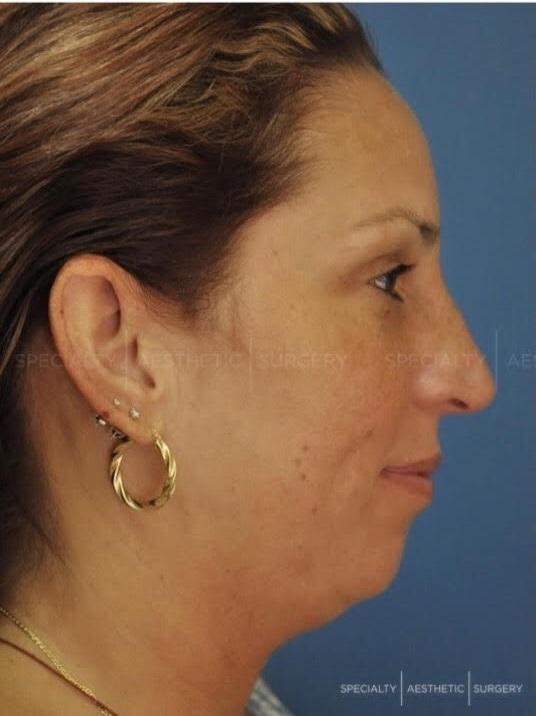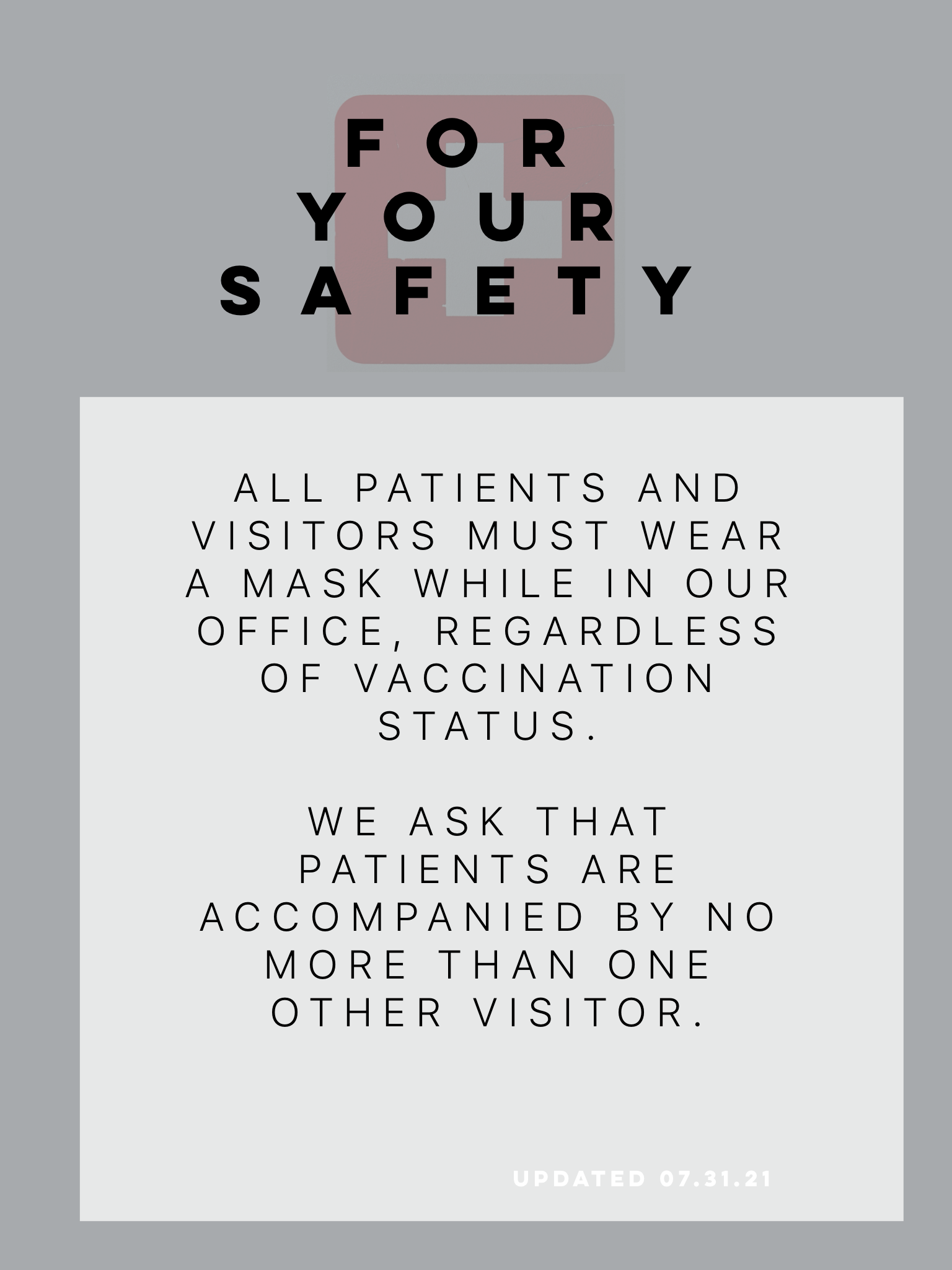What are the Types of Facial Implants?
Your Specialty Aesthetic Surgery team offers three types of facial implants. You may have implants in one area or several. Facial implants are an excellent option for those wanting to enhance these areas.
Cheek Implants
Cheek implants are placed on the upper part of the cheekbone. This adds volume where people want it most, creating higher, more defined cheekbones. It also restores lost volume so the cheeks regain their full, rounded, youthful appearance.
Chin Implants
Chin implants enhance a weak chin or add definition. A small chin can affect your facial balance, leaving the lower part of your face looking out of harmony. Chin implants create a defined, balanced profile.
Jaw Implants
Jaw implants can define a weak jaw and create more definition in the lower face. Lack of jaw definition can affect the appearance of your neck, chin, and other features. Implants can give you the stronger, more sculpted jaw you desire.
What are Facial Implants Made Of?
Facial implants come in several different materials. This allows your surgeon to choose an implant with the right properties to achieve your goals. All implant materials have been extensively used for medical purposes and are safe to leave in the body for an extended time.
Silicone
Many people think of silicone when they think of implants. A silicone facial implant is flexible but firm, letting it add definition and volume. This common implant material feels natural and is suitable for many areas.
Polyethylene
This material is more rigid than silicone, creating less flexible implants with more definition. These implants are often used for the jaws and chin when your surgeon wants to achieve a stronger look.
Gore-Tex
Gore-Tex is a porous material that can be easily shaped to suit your needs. Tissue grows into this material, securing your implant over time. Implants made from this material can be used in the jaw and chin.
Hydroxyapatite
This material is found in bone and is used in dermal fillers. As an implant material, it is a highly stable ceramic material often used for the cheeks. It provides natural-looking volume and definition for fuller, more youthful cheeks.













